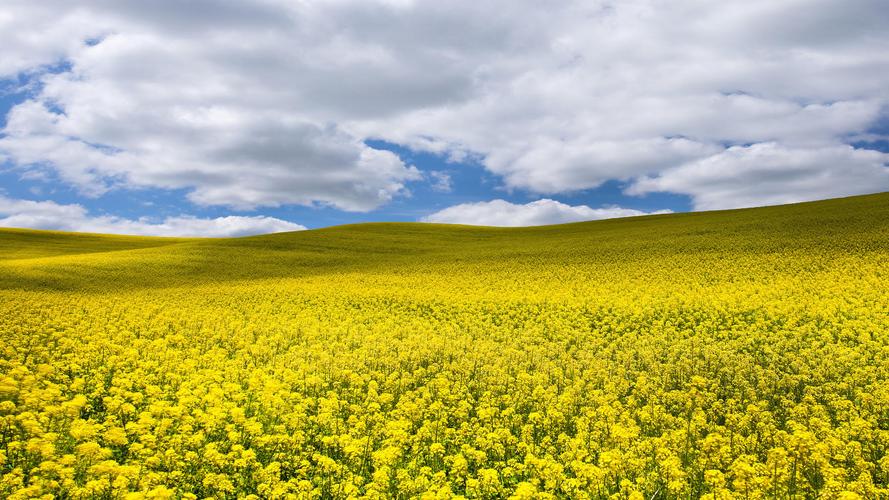The Multifaceted Nature of Culture in Hawaii: A Deep Dive into the Aloha State’s Identity
Hawaii is known worldwide for its idyllic beaches, tropical climate, and laid-back lifestyle. Beyond the tourists’ paradise image lies a deep and rich cultural heritage, shaped by centuries of history and a unique mix of cultural influences.
The Hawaiian Culture: A Blend of Polynesian and Western Influences
Hawaii’s culture has a rich history tracing back to the Polynesian people who first settled the islands around 1,500 years ago. Their traditions and beliefs are still deeply ingrained in Hawaiian culture, from the language to the food.
However, Hawaii’s culture also reflects its complex colonial past. In 1778, the British explorer Captain James Cook arrived in Hawaii, marking the beginning of Western influence on the islands. Later, the islands were annexed by the United States in 1898, bringing yet another layer of cultural influence.
Today, Hawaii’s unique blend of Polynesian and Western cultural influences is evident in its music, art, cuisine, and even its language. Words from Hawaiian, English, and other languages have mixed together to create the unique Hawaiian Creole English, which is commonly spoken on the islands.
The Role of Ohana in Hawaiian Culture
One of the most important aspects of Hawaiian culture is the concept of Ohana, which means “family” in Hawaiian. However, Ohana goes beyond blood relatives, encompassing close friends and even members of a community.
Ohana is a fundamental basis for Hawaiian life, with many aspects of Hawaiian culture revolving around this idea. For example, Hawaiian cuisine is often served family-style, with large platters and communal eating. In addition, hula, the traditional Hawaiian dance, often tells stories of Ohana and relationships between family and friends.
Hawaii’s Relationship with the Environment
Hawaii’s natural environment, including its beaches, coral reefs, and mountains, is integral to its culture. The land and sea are held in high regard, and the connection between the people and the environment extends back to the ancient Polynesian settlers’ beliefs.
Many Hawaiian traditions express respect for the environment, such as the practice of Kapu, which limits the use of resources to ensure their sustainability. This has led to innovations such as the use of taro (a root vegetable) as a building material and the practice of malama aina, which means “to care for the land.”
In recent years, Hawaii has been at the forefront of environmental conservation, with efforts to protect its coral reefs and other natural resources.
The Future of Hawaii’s Culture
Hawaii’s unique culture faces many challenges, including urbanization, tourism, and globalization. The state’s burgeoning economy depends heavily on the tourism industry, which often leads to the commodification of Hawaiian culture.
However, many Hawaiians are working to preserve and promote their culture, recognizing its importance in defining Hawaii’s identity. Initiatives such as traditional Hawaiian canoe voyages, hula competitions, and language revitalization efforts are all aimed at keeping Hawaiian culture alive for future generations.
Conclusion
Hawaii’s culture is multifaceted, representing a unique blend of Polynesian and Western influences. Concepts such as Ohana and the connection to the environment are integral to Hawaiian life, and efforts are underway to preserve and promote these traditions despite the challenges faced by modern society.
For those interested in experiencing Hawaiian culture firsthand, there is no shortage of opportunities, from attending a hula performance to trying traditional Hawaiian food. Ultimately, the multifaceted nature of Hawaiian culture is what makes it such a unique and fascinating part of American society.
(Note: Do you have knowledge or insights to share? Unlock new opportunities and expand your reach by joining our authors team. Click Registration to join us and share your expertise with our readers.)
